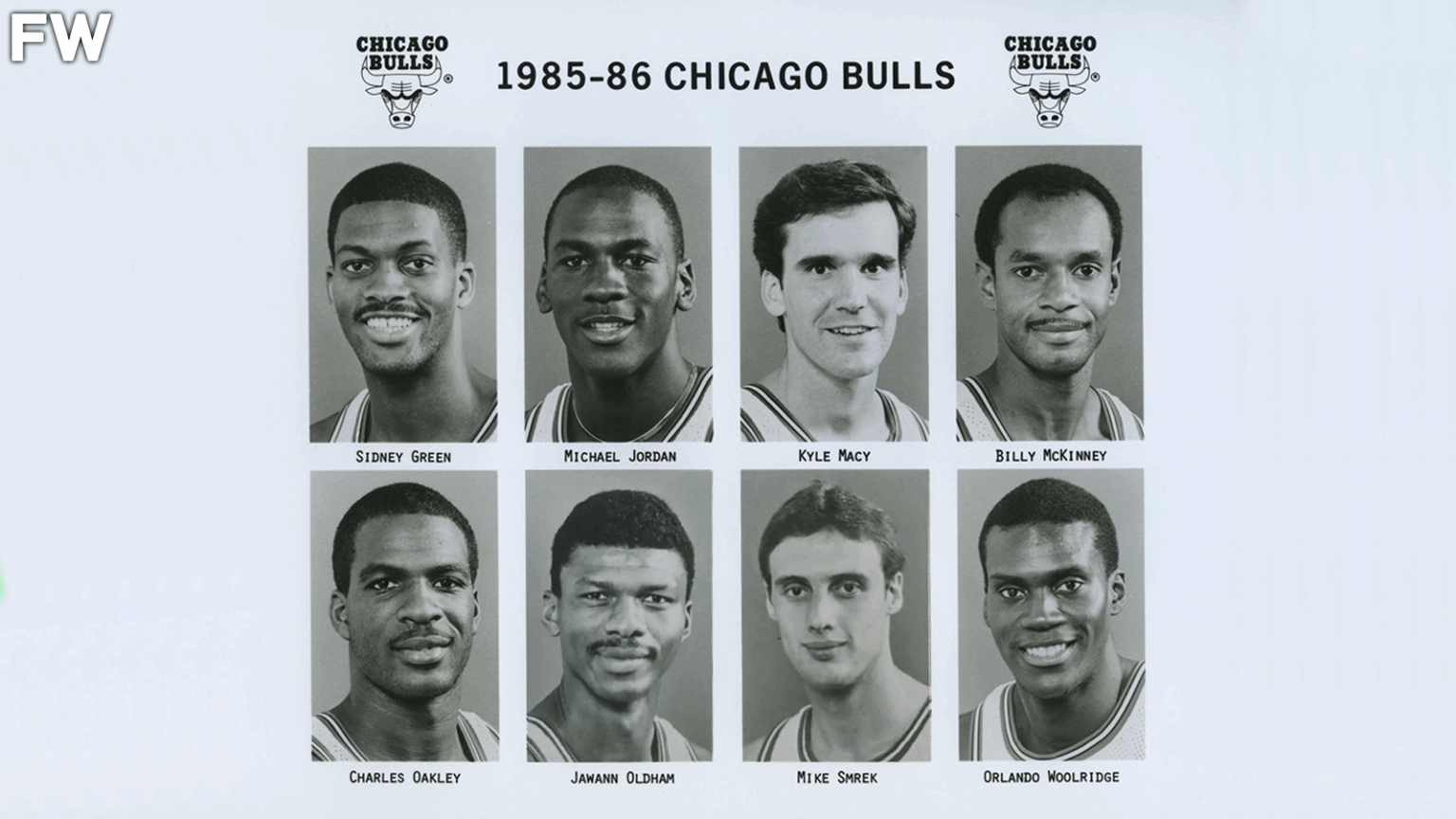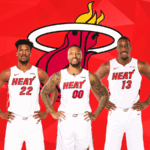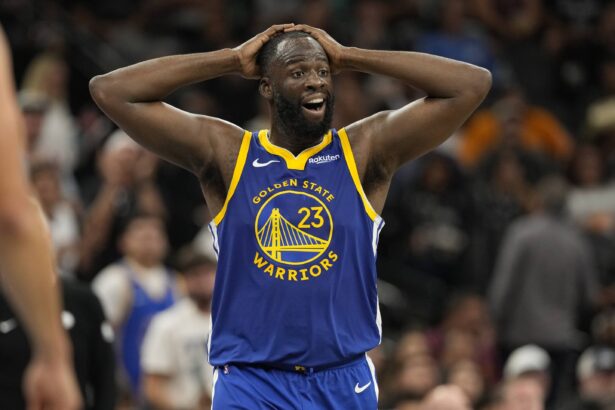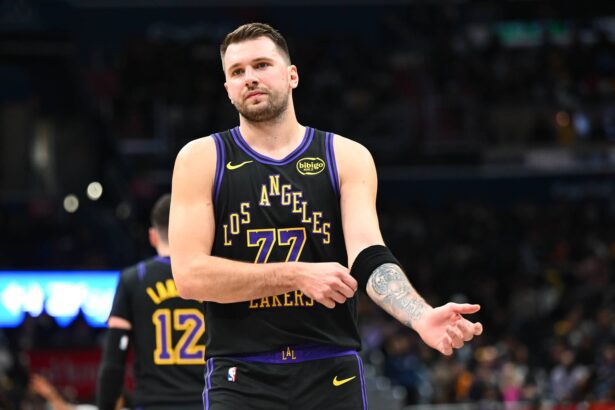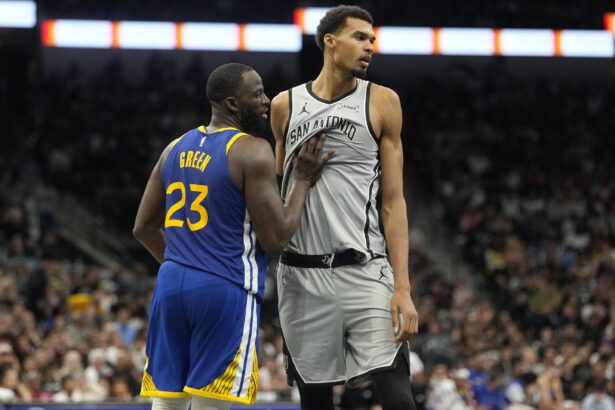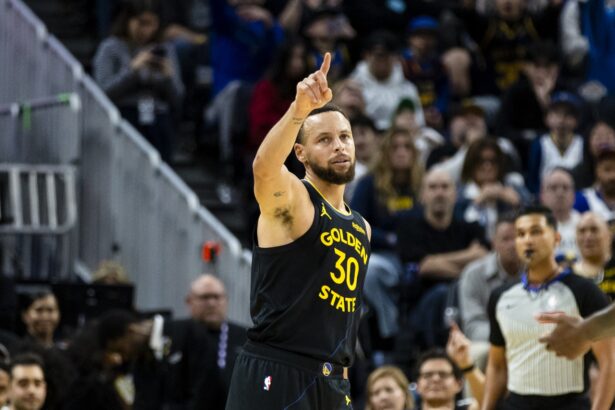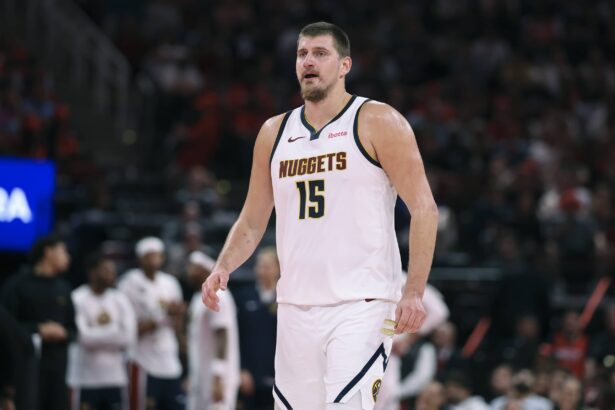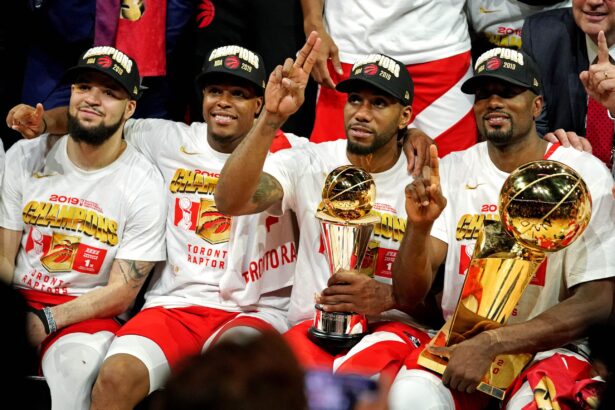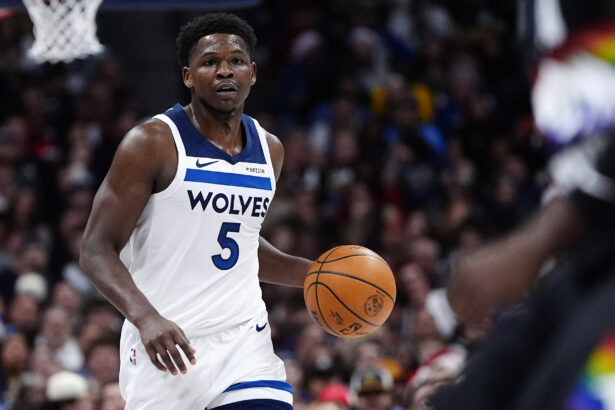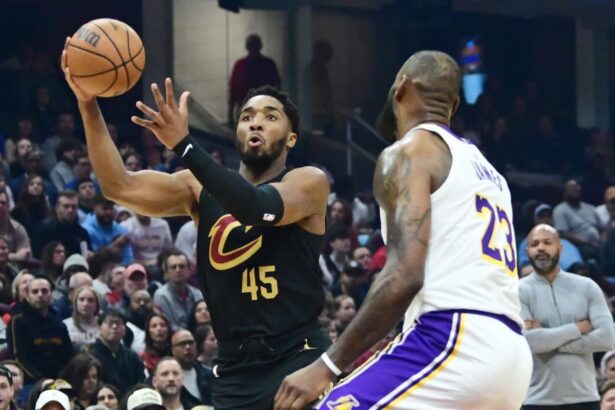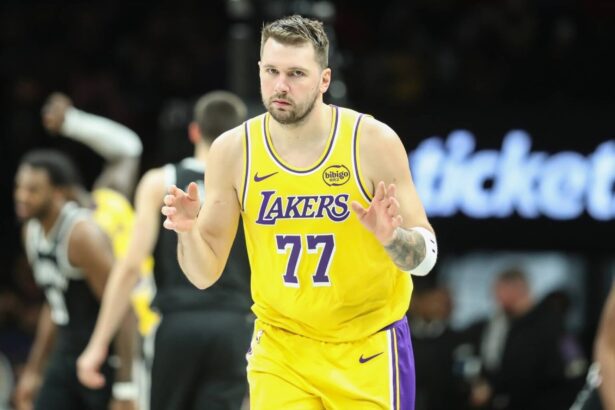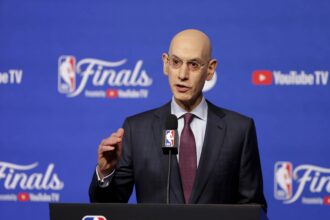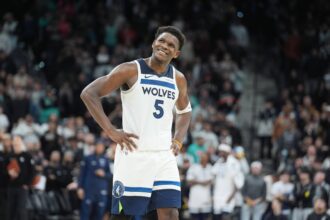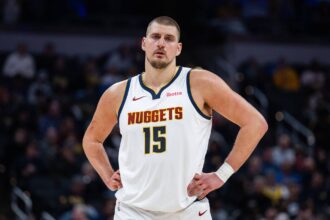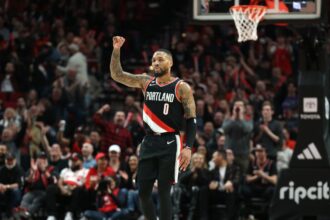As nauseating as the NBA GOAT debate has become between Michael Jordan and LeBron James, there are many interesting sub-debates that have grown from it. One of those debates happens to be about the teammates and competition of each player during the years they fell short of an NBA championship. One of the rebuttals toward Michael Jordan’s greatness is his early career struggles to get out of the first round of the NBA playoffs. We thought it would only be fair to take a look at one of those teams that fans love to bring up, the 1985-86 Chicago Bulls.
- Ron Brewer
- Rod Higgins
- Billy McKinney
- Michael Holton
- Mike Smrek
- Jawann Oldham
- Quintin Dailey
- John Paxson
- Charles Oakley
- Kyle Macy
- Dave Corzine
- Gene Banks
- Sidney Green
- George Gervin
- Orlando Woolridge
- Michael Jordan
- Next
- The 10 NBA Players We Would Like To Win A Championship Before They Retire
- 20 Greatest White Players In NBA History
- NBA Players Who Won The NBA Championship, MVP Award, And Finals MVP In The Same Season: Michael Jordan Did It Four Times
- Finals MVP With The Most And Fewest Points Per Game In NBA History
- The GOAT Of Every NBA Franchise
The 1985-86 Chicago Bulls were not a powerhouse by any means. Michael Jordan would play just 18 games in the regular season after suffering a broken bone in his foot early in the season. The Bulls would need him over the final stretch of the season to sneak into the playoffs with just 30 wins. Once in the playoffs, the Bulls were no match for the two-time defending Eastern Conference champions and eventual NBA champion Boston Celtics. We will take an extensive look at the players who made up the 1985-86 Bulls and why Michael Jordan struggled to get this roster out of the first round.
This is the story of the 1985-86 Chicago Bulls.
Ron Brewer
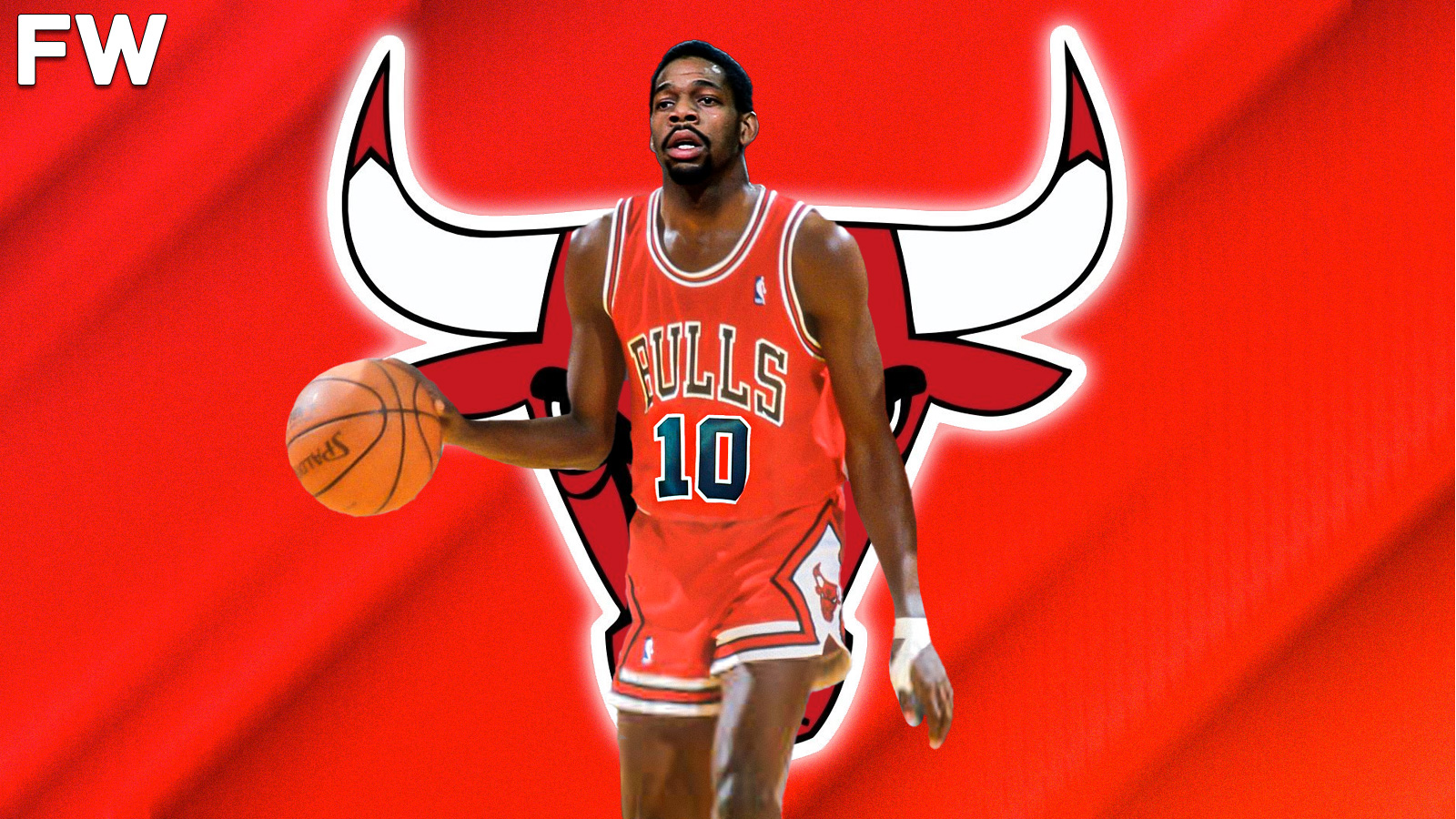
Regular Season Stats: 1.8 PPG, 0.0 RPG, 0.0 APG, 0.0 SPG, 0.0 BPG
Playoff Stats: N/A
The impact that Ron Brewer had on the 1985-86 Chicago Bulls was neither here nor there, considering he played just four games for them in 1985-86 and spent a total of 18 minutes on the court. The 1985-86 season was Brewer’s eighth in the NBA, and the Bulls were his sixth team during that time. Formerly, Brewer was an 18.8 PPG scorer for the Spurs and Cavaliers in 1982, but none of that magic could be recreated in Chicago.
Brewer would actually be traded to Cleveland after just four games with the Bulls in 1985-86 and went on to appear in 40 games averaging 5.1 PPG on 38.6% shooting overall. It would be Ron Brewer’s final NBA season after eight in the NBA total. He would finish with no All-Star appearances and no other individual accolades other than his All-Rookie selection in 1979.
Rod Higgins
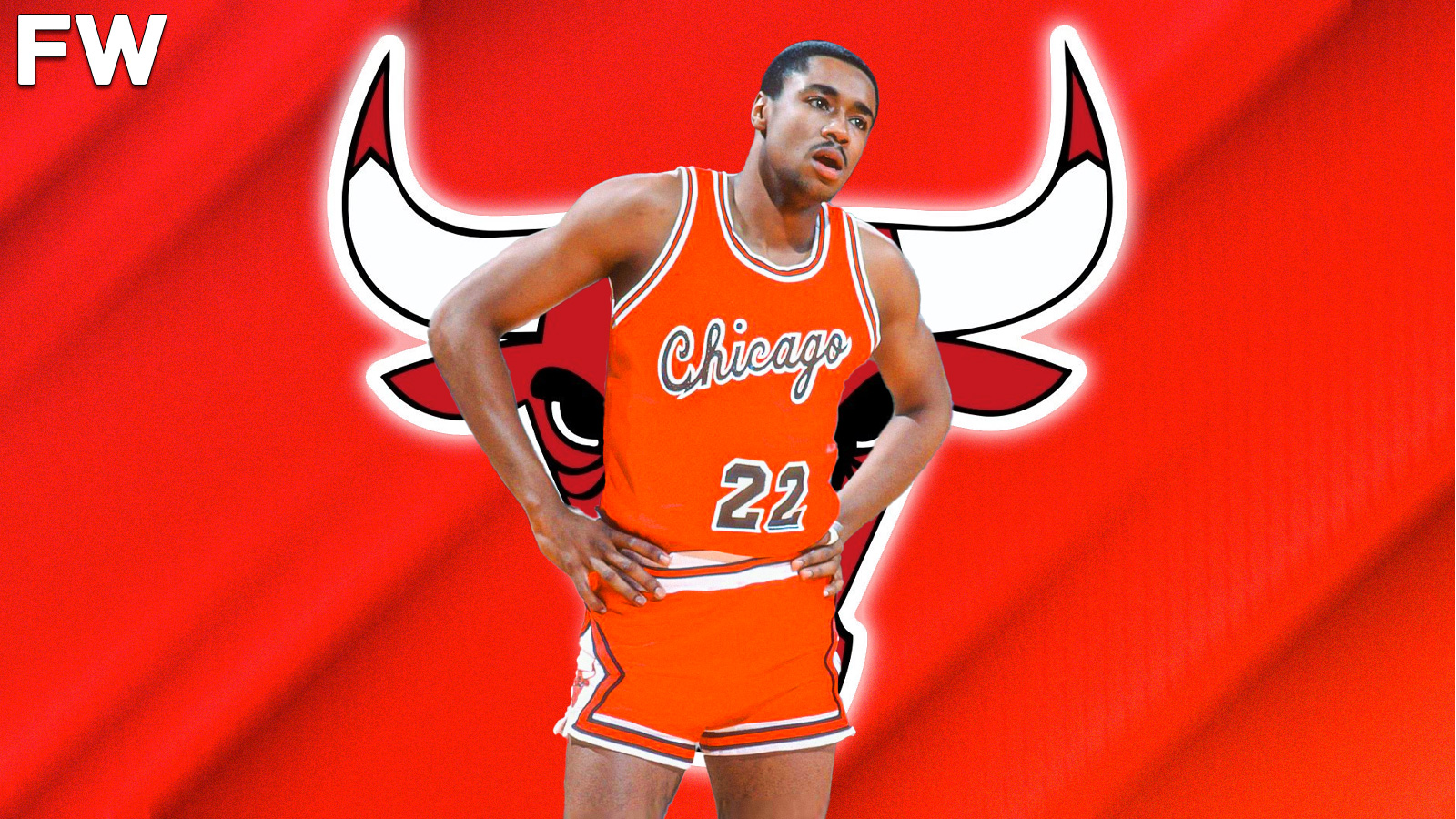
Regular Season Stats: 3.3 PPG, 1.7 RPG, 0.8 APG, 0.3 SPG, 0.4 BPG
Playoff Stats: N/A
Rod Higgins was a second-round selection by the Bulls in the 1982 NBA Draft, and he would make 42 starts as a rookie and play all 82 games averaging 10.3 PPG and 4.5 RPG. Higgins would play a total of three-plus seasons with the Bulls averaging 7.2 PPG and 3.1 RPG over that time.
Higgins would actually play for four teams during the 1985-86 season after being waived and signed repeatedly. He would find some success a little later on in his career with the Golden State Warriors and averaged 10.8 PPG over seven seasons with them. Higgins would retire in 1995 after nine more seasons with Golden State after a 13-year NBA career.
Billy McKinney
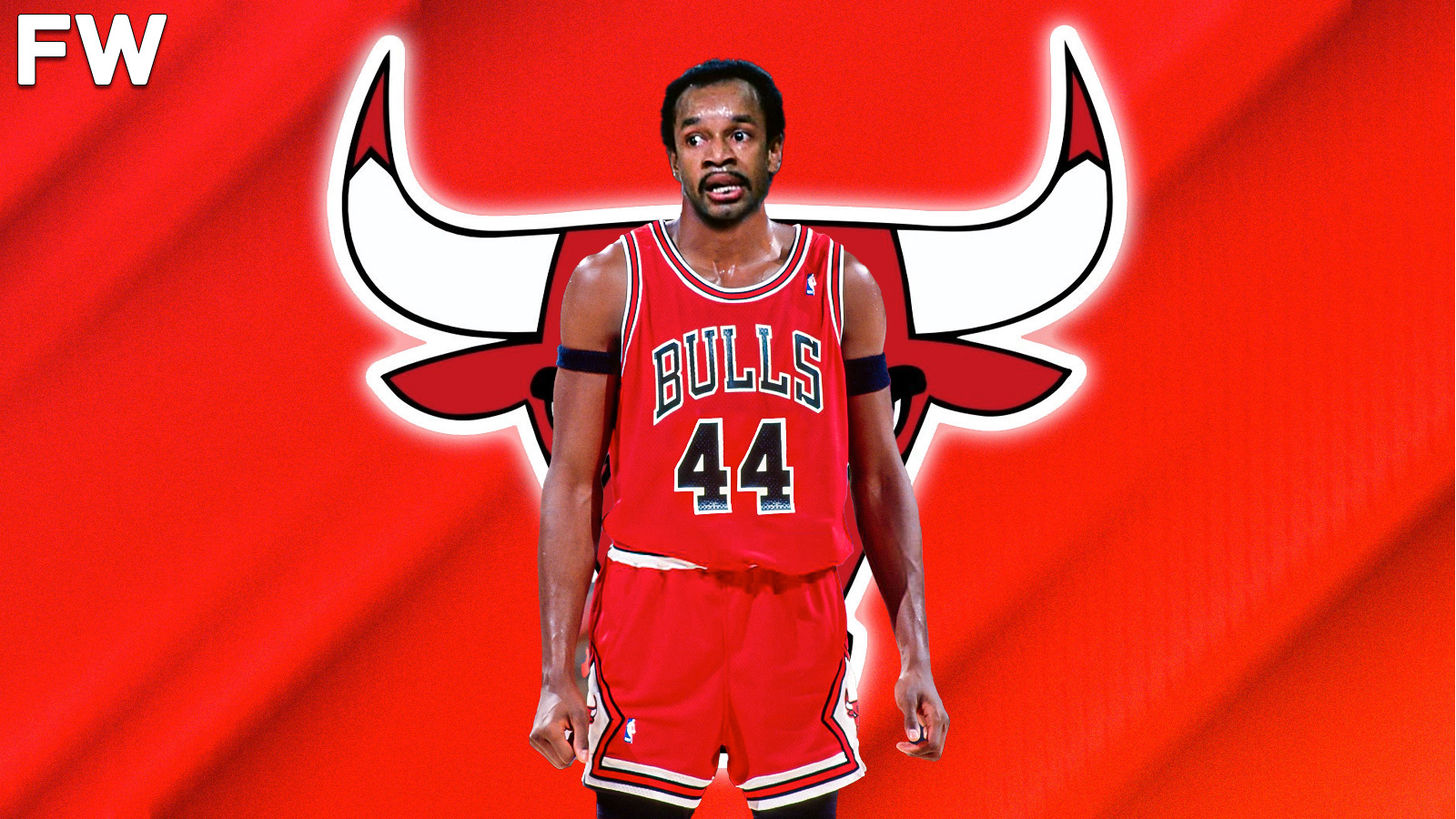
Regular Season Stats: 2.4 PPG, 0.6 RPG, 1.4 APG, 0.3 SPG, 0.0 BPG
Playoff Stats: N/A
For Billy McKinney, the 1985-86 season was not one in which he even expected to play. McKinney had already spent six seasons in the NBA prior to retiring in 1984 and serving as the Marketing Director for a sports company in his hometown. McKinney had previously played for the Kings, Jazz, Nuggets, and Clippers pre-retirement before coming back during the 1985-86 season with Chicago.
McKinney’s time with the Bulls was extremely short during the 1985-86 season. He would play in just nine games for them during this playoff run with zero starts and saw just 9.2 minutes of action on the floor. McKinney would call it quits after these nine games which were played through December 1985. McKinney is yet another Bull whose time with the team lasted less than the duration of one season.
Michael Holton
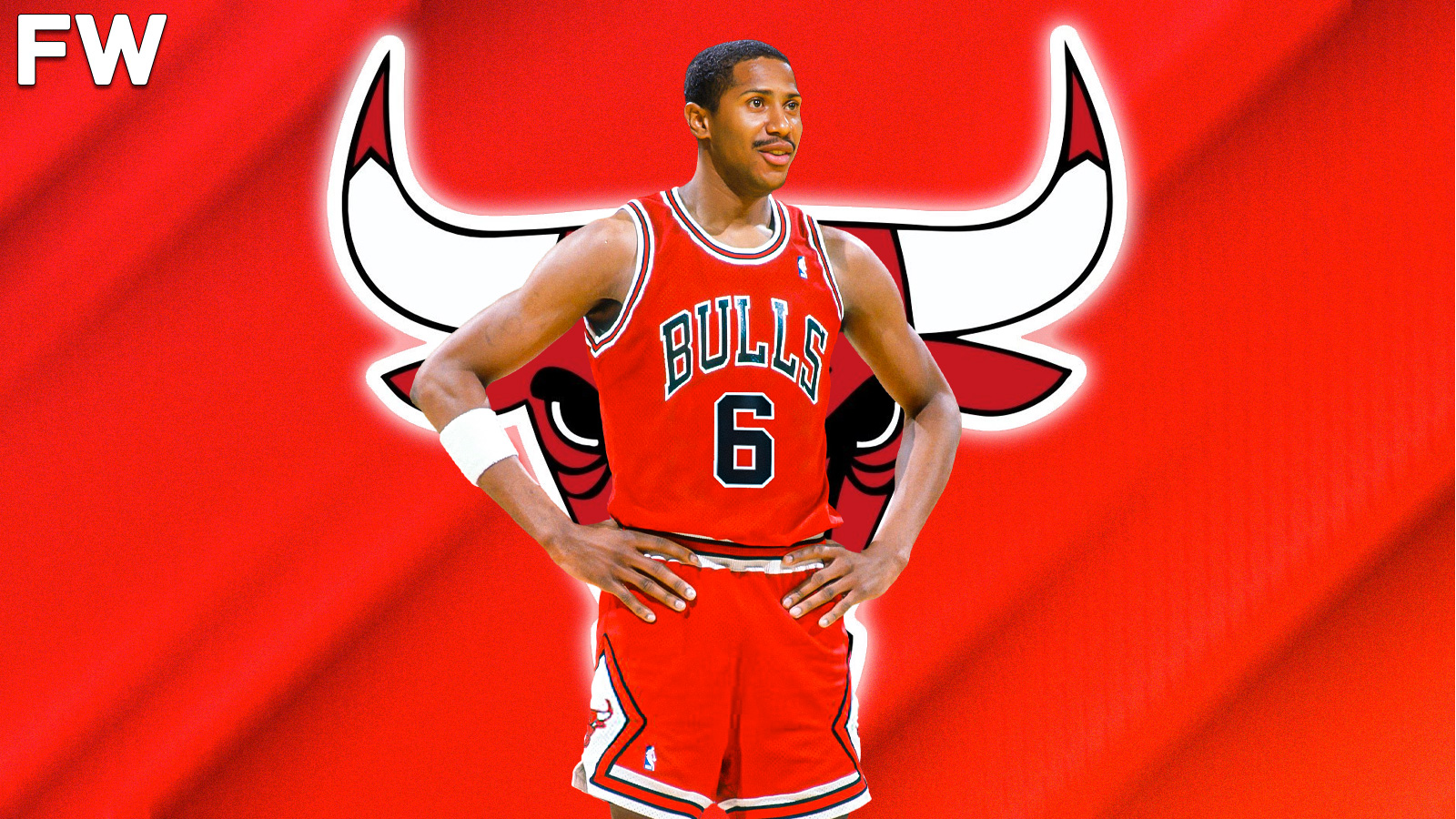
Regular Season Stats: 7.1 PPG, 1.3 RPG, 2.0 APG, 1.0 SPG, 0.0 BPG
Playoff Stats: N/A
Michael Holton’s time with the Bulls is a microcosm of his career, considering it was brief and uneventful. Holton was a third-round pick of the Golden State Warriors in 1984 but ended up debuting for the Phoenix Suns for the 1984-85 season. Holton would play in 74 games as a rookie and averaged 8.4 PPG and 2.7 APG. After four games of the 1985-86 season, he was waived by the Suns and signed by the Bulls to two consecutive 10-day contracts.
By March, Holton had a contract for the rest of the season with Chicago, but nothing really came of it. Holton would play 24 games for Chicago that season, averaging 7.1 PPG and 2.0 APG during that stretch. Holton would not be included on the playoff roster and signed with the Trail Blazers in the offseason. After two years in Portland, he would spend two years in Charlotte before retiring after just six seasons in the NBA.
Mike Smrek
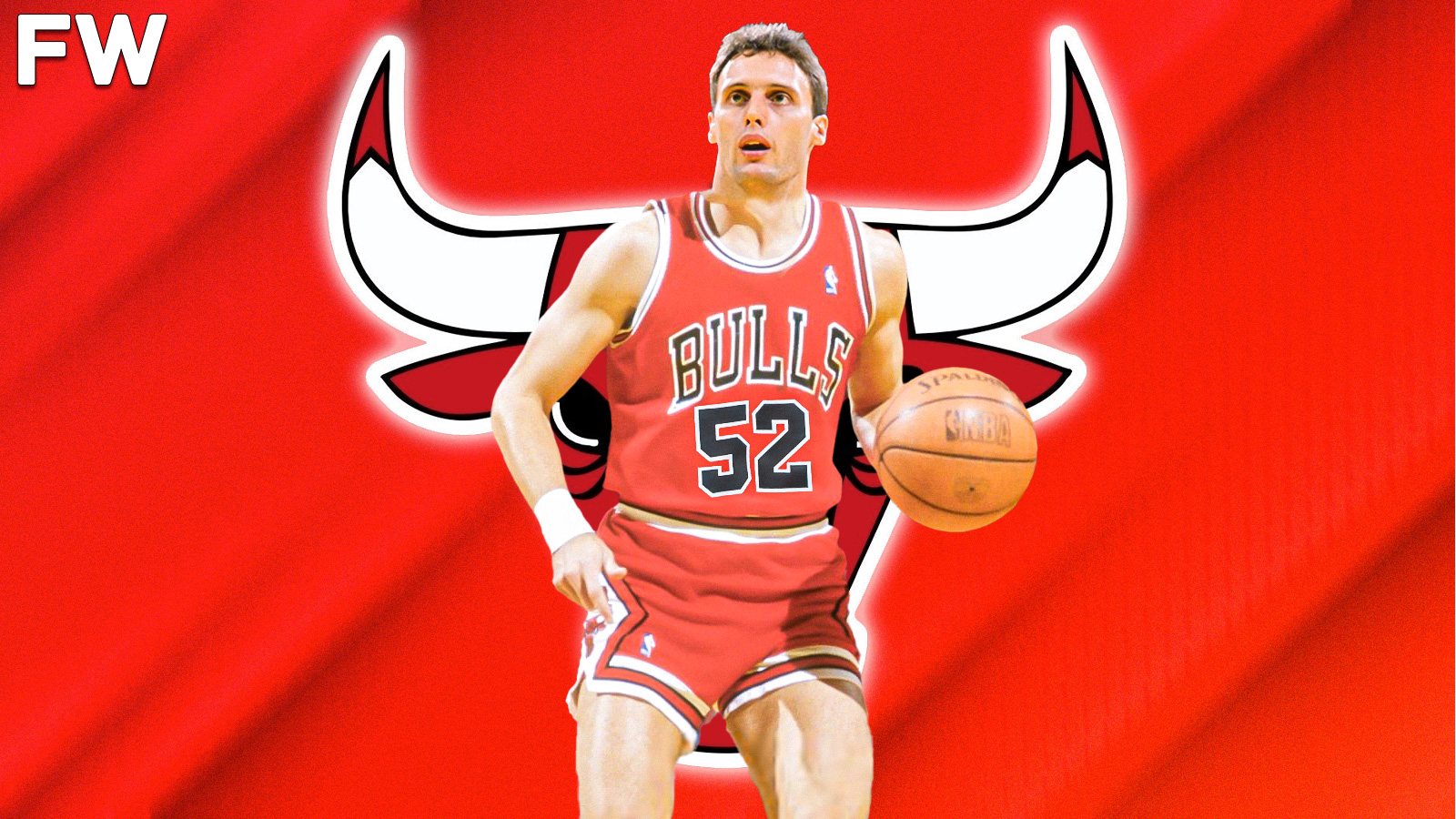
Regular Season Stats: 2.8 PPG, 2.9 RPG, 0.5 APG, 0.2 SPG, 0.6 BPG
Playoff Stats: N/A
Mike Smrek was a rookie for the 1985-86 Bulls who was their 25th overall pick in the second round. Playing center for the Bulls off the bench that season, Smrek saw just over 10.0 minutes of action every night and even got five starts over the course of 38 appearances. Smrek would even get selected for the playoff roster and appear in three games without recording a single stat.
The 1985-86 season would be the only season Smrek played with the Bulls, as he was waived after the season. Smrek would play through the 1991-92 season, making appearances with the Lakers, Spurs, Warriors, and Clippers before retiring in 1992. Smrek peaked in 1989 with the Spurs when he averaged 4.5 PPG and 3.0 RPG in 43 games played.
Jawann Oldham
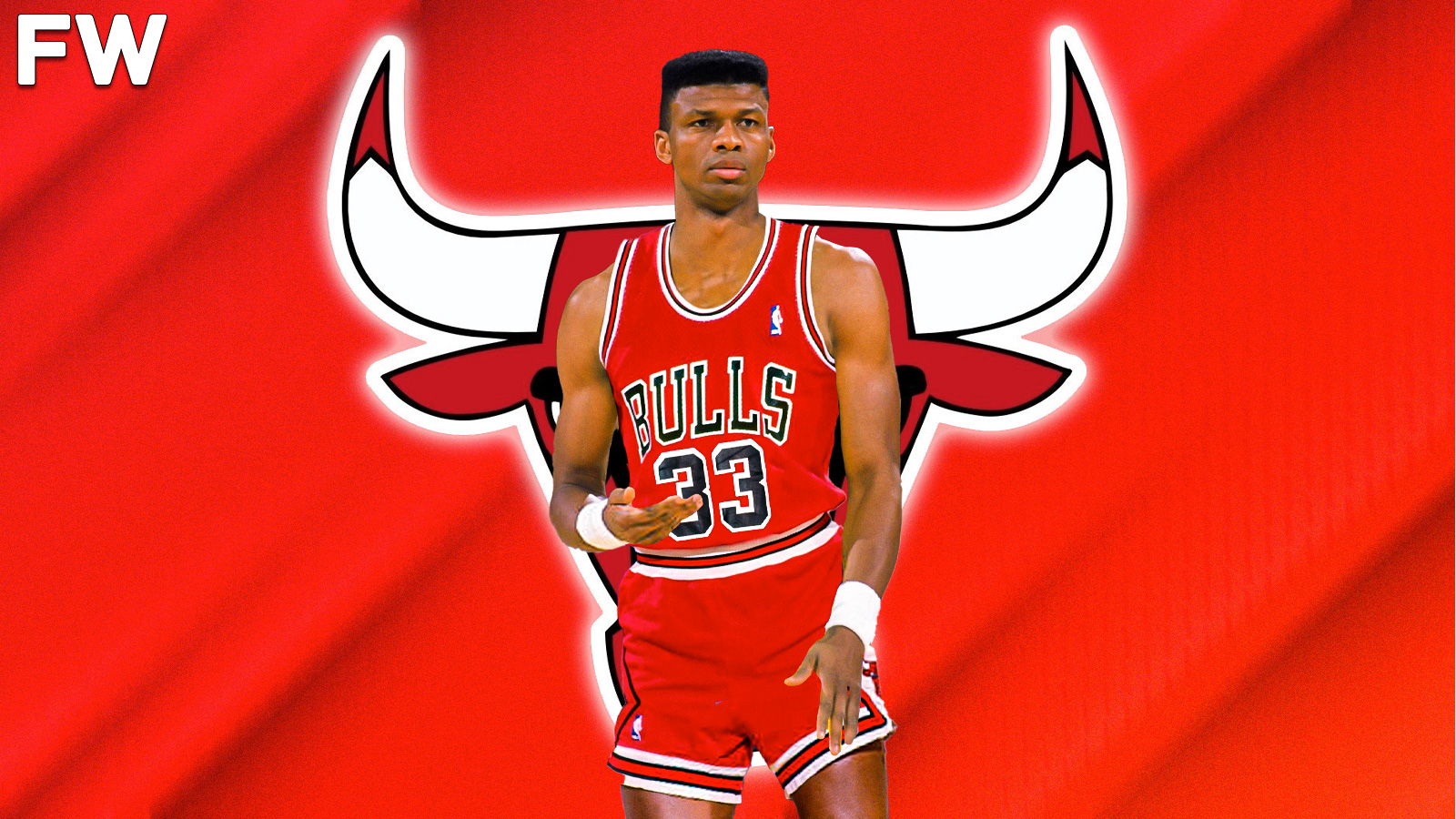
Regular Season Stats: 7.4 PPG, 5.9 RPG, 0.7 APG, 0.5 SPG, 2.6 BPG
Playoff Stats: 0.0 PPG, 2.0 RPG, 0.0 APG, 0.0 SPG, 0.0 BPG
For the first few seasons of his career, Jawann Oldham saw some trouble getting onto the court with the Nuggets and Rockets. He played a total of just 26 games over his first two seasons before making his way to the Bulls for the 1982-83 season. Oldham would appear in just 16 games that year before earning some well-deserved time off the bench for them, and by 1985-86, he would earn 47 starts for the season.
The 1985-86 season was great for Oldham. He was scoring better than he ever had before while also playing an important role in protecting the rim. When the playoffs came around, Oldham was nowhere to be found, as he saw just four minutes on the court in their playoff matchup against the Celtics. Oldham would leave the Bulls in the offseason and play two more seasons elsewhere before a knee injury pretty much ended his career by 1991.
Quintin Dailey
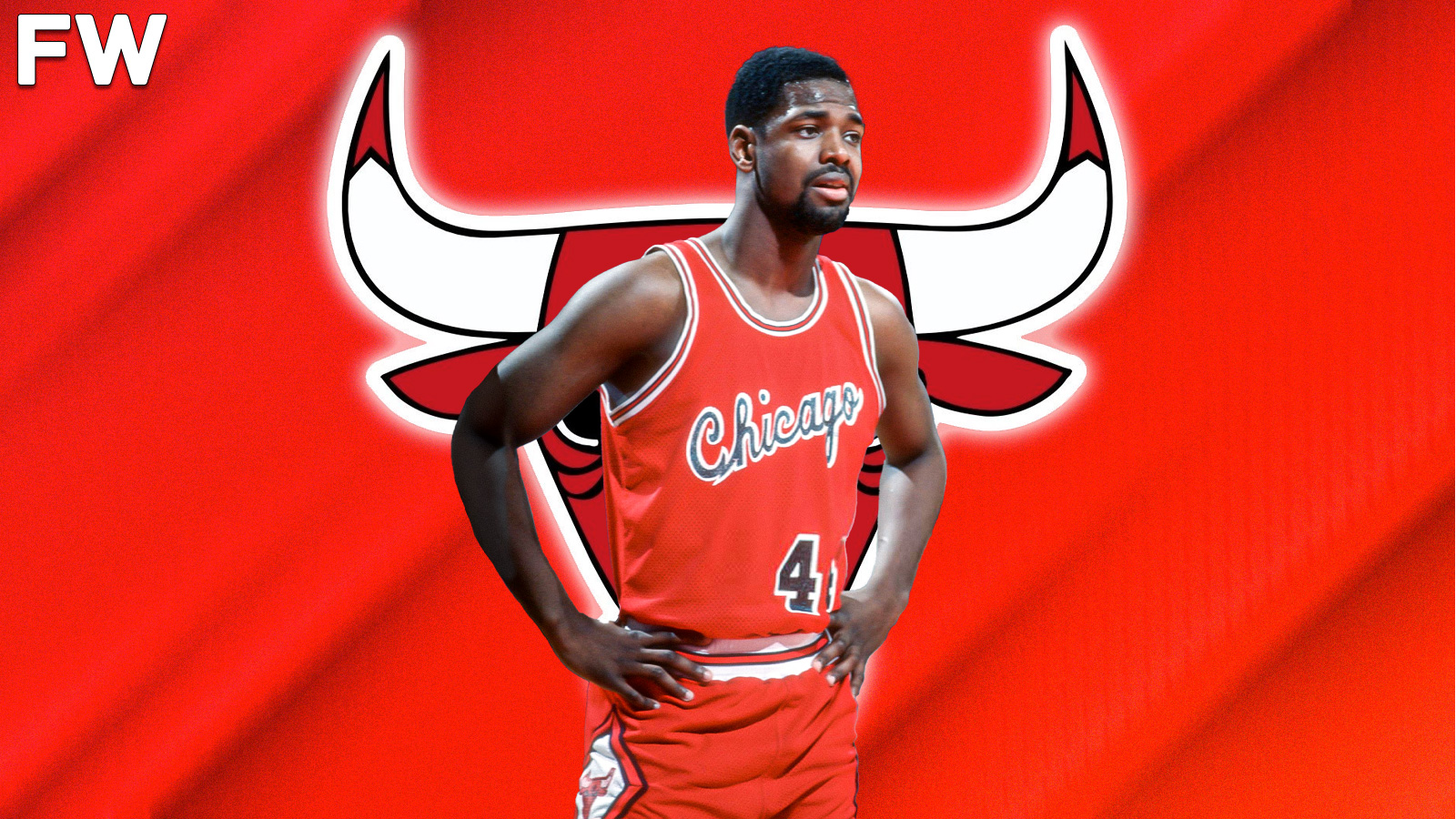
Regular Season Stats: 16.3 PPG, 1.9 RPG, 1.9 APG, 0.6 SPG, 0.1 BPG
Playoff Stats: N/A
Quintin Dailey was one of the premier players for the Bulls during the pre-Jordan days of the early 1980s. He averaged over 15.0 PPG as a rookie in 1982-83 and 18.2 PPG in his second year with them as well. In his third season, he was moved to the bench to make way for Jordan as they both played shooting guard, with Jordan clearly the far superior player, even as a rookie. Dailey was still productive off the bench averaging 16.0 PPG in 79 appearances.
The 1985-86 season was a bit different, though. Dailey was performing very well through the team’s first 35 games averaging over 16.0 PPG once again in his new role. However, he would suffer an injury that would cost him the rest of the season and playoffs, and he would never play for the Bulls again in its aftermath. Dailey would go on to play six more seasons with the Clippers and SuperSonics but was never really the same player he had been in Chicago.
John Paxson
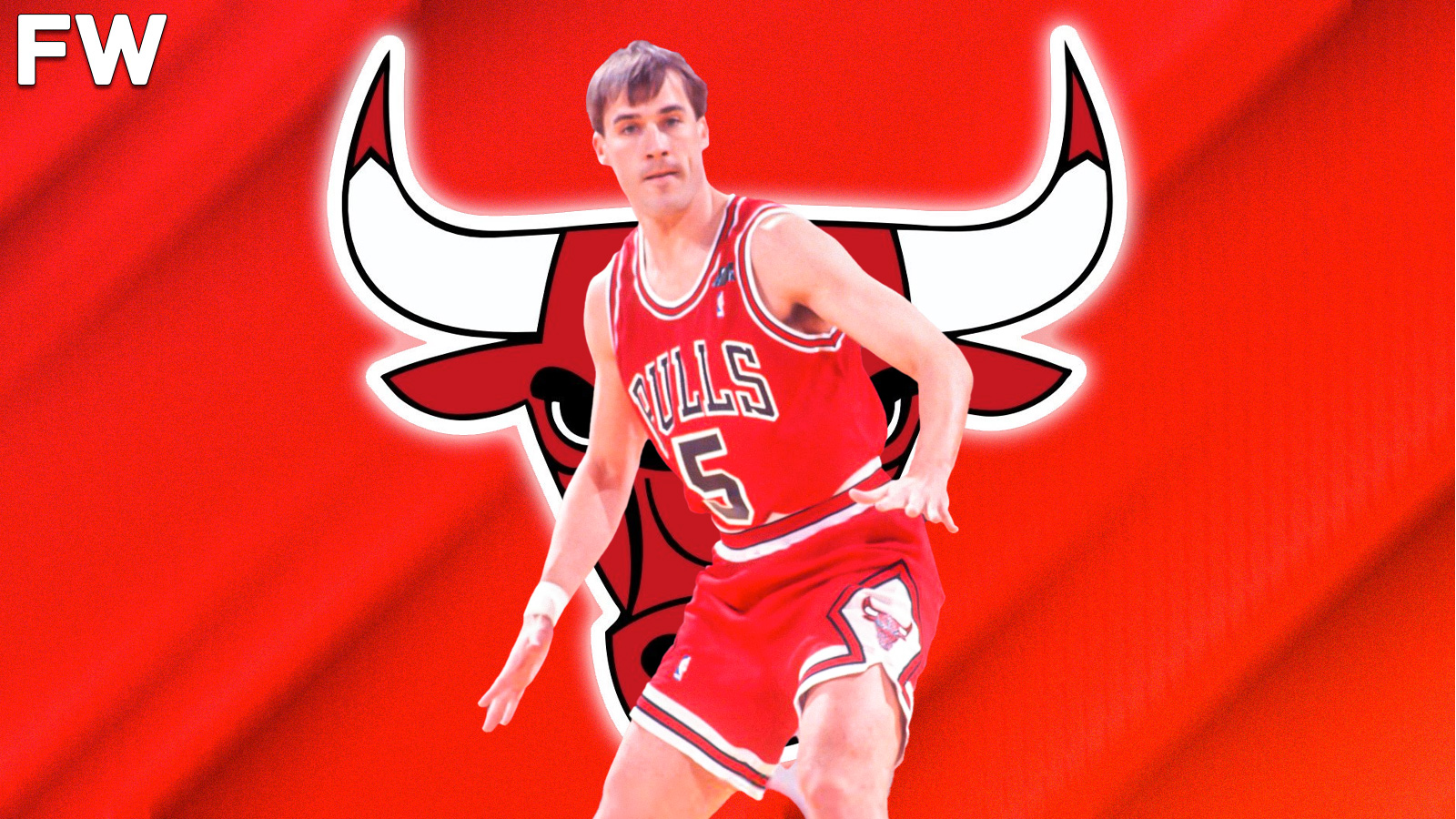
Regular Season Stats: 5.3 PPG, 1.3 RPG, 3.7 APG, 0.7 SPG, 0.0 BPG
Playoff Stats: 9.0 PPG, 0.0 RPG, 1.7 APG, 1.0 SPG, 0.0 BPG
At this point in time during the 1985-86 season, John Paxson was far from the Bulls legend he would eventually end up being. He had played the previous two seasons with the San Antonio Spurs, averaging just 4.9 PPG and 2.9 APG as their backup point guard over the course of 127 games. Paxson would come over to the Bulls for the 1985-86 season for a chance at the same role he had in San Antonio.
Paxson would actually have a decent playoff appearance with the Bulls. He came off the bench for all three games and averaged 9.0 PPG, which was more than he had averaged in any of his previous three seasons. Paxson would, of course, end up winning three championships with the Chicago Bulls from 1991 thru 1993 and play out the rest of his career with them until his retirement in 1994.
Charles Oakley
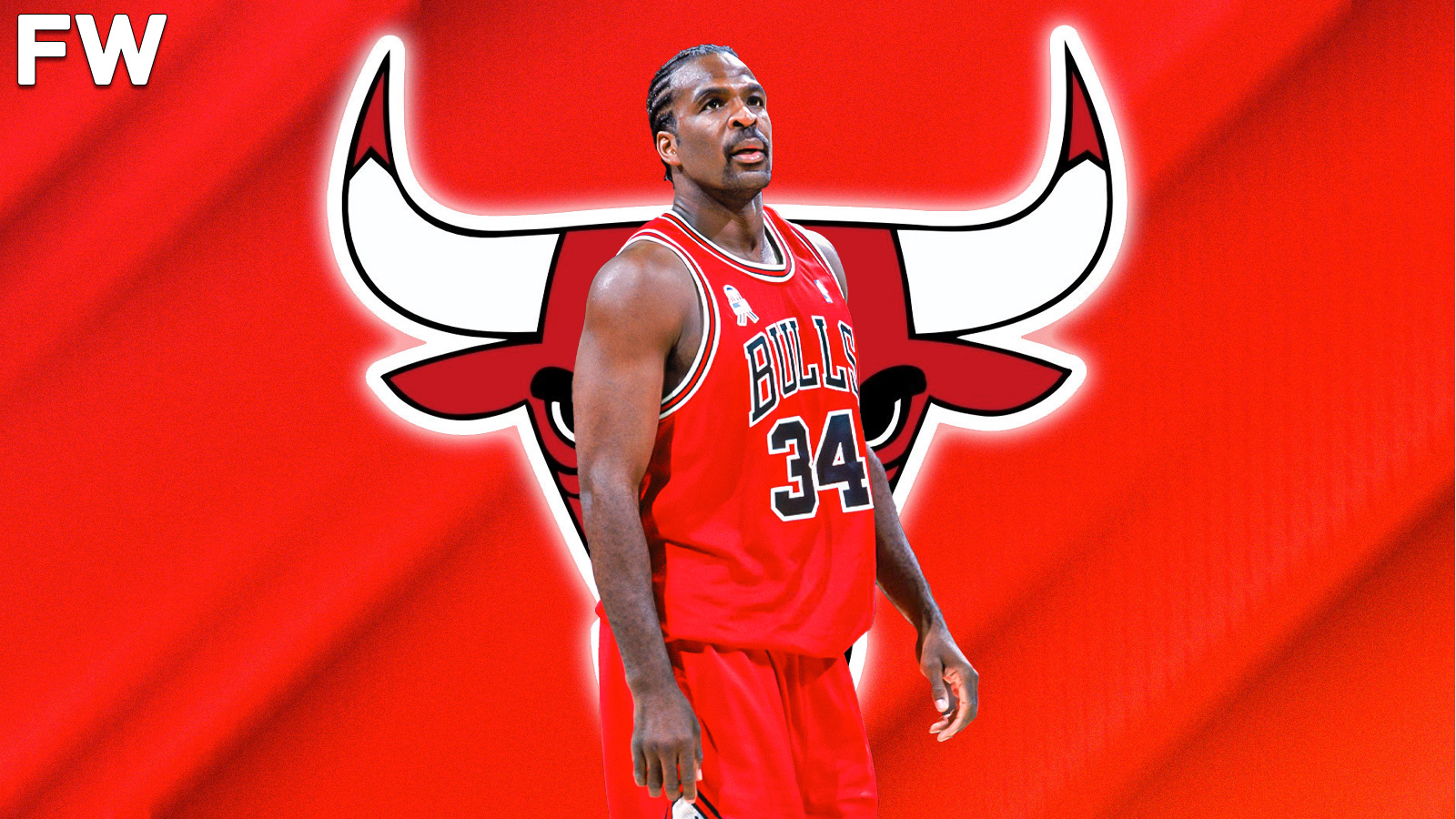
Regular Season Stats: 9.6 PPG, 8.6 RPG, 1.7 APG, 0.9 SPG, 0.4 BPG
Playoff Stats: 10.0 PPG, 10.0 RPG, 1.0 APG, 2.0 SPG, 0.7 BPG
The 1985-86 season marked the beginning of the Charles Oakley era with the Chicago Bulls as he was their ninth overall pick in the 1985 NBA Draft. Oakley would make 77 appearances for the Bulls during his rookie campaign and immediately was their enforcer, best rebounder, and a sound defender in the paint. Oakley would save his best play for the playoffs but be severely overmatched by the much more talented Kevin McHale.
Oakley would start all three games for the 1985-86 Bulls in the playoffs and end up averaging a double-double with 10.0 PPG and 10.0 RPG while also adding in 2.0 SPG. Oakley would remain with the Bulls through the 1988 season before being traded in the deal for the Knicks’ Bill Cartwright. Oakley is known as one of the most infamous enforcers in NBA history and played 19 seasons in the NBA without ever winning an NBA championship.
Kyle Macy
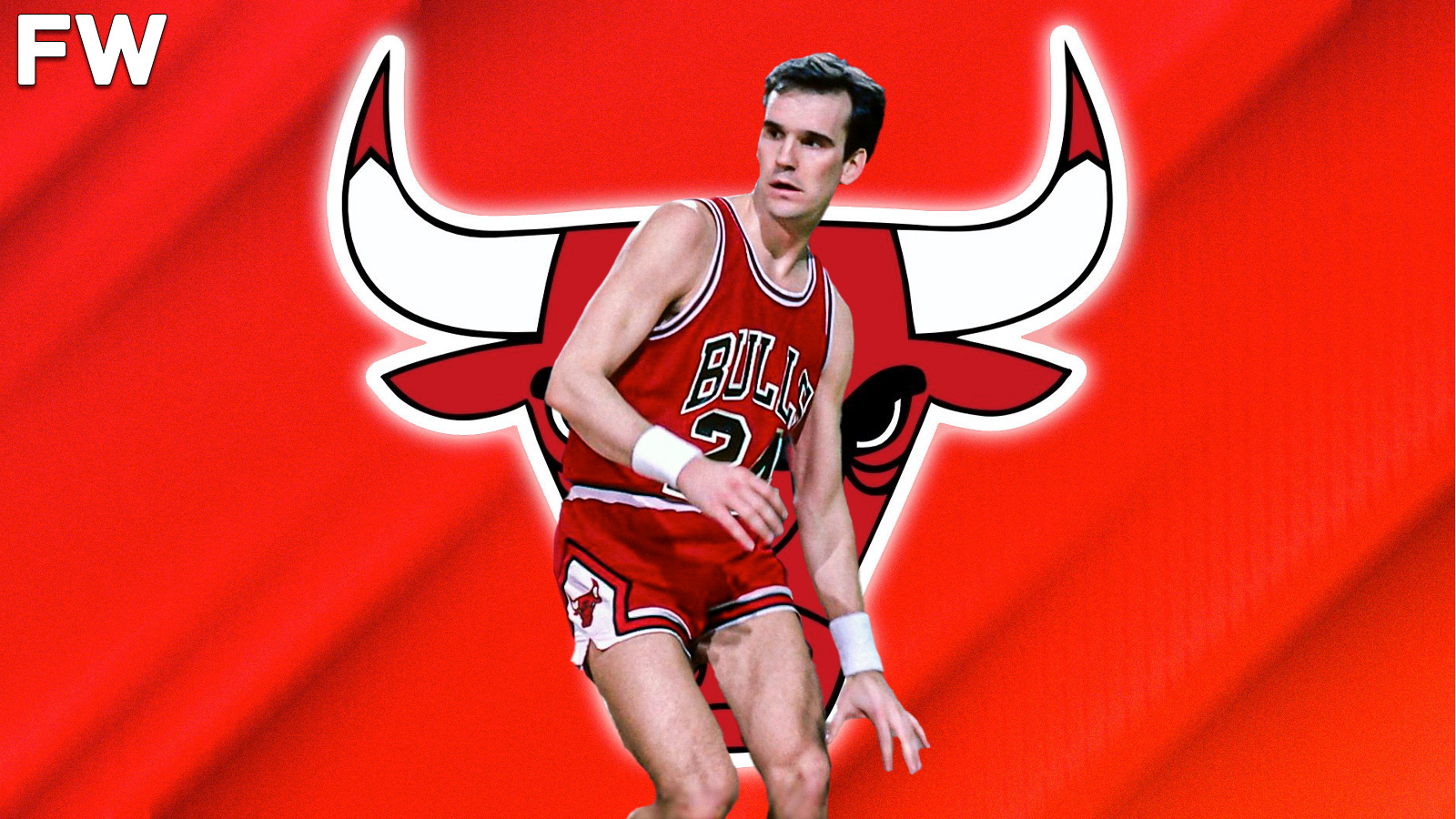
Regular Season Stats: 8.6 PPG, 2.2 RPG, 5.4 APG, 1.0 SPG, 0.1 BPG
Playoff Stats: 4.0 PPG, 1.3 RPG, 3.3 APG, 0.7 SPG, 0.0 BPG
Kyle Macy is another member of the 1985-86 Bulls whose NBA career lasted less than seven seasons. He got his start with the Phoenix Suns in 1980-81. In his second season with the Suns, Macy averaged over 14.0 PPG as the starter and dished out over 4.0 APG, and recorded 1.7 SPG. Macy would play a total of five seasons with the Suns before heading to the Bulls for 1985-86.
The 1985-86 season would be the only season Macy played in Chicago and one of his last seasons in the NBA. He was Chicago’s full-time starter at point guard, playing all 82 games and starting 79 of them in the year. He would also get all three starts in the playoffs but was a non-factor even with getting over 29.0 minutes of playing time. Do you mean to tell me that Jordan was supposed to win with this?
Dave Corzine
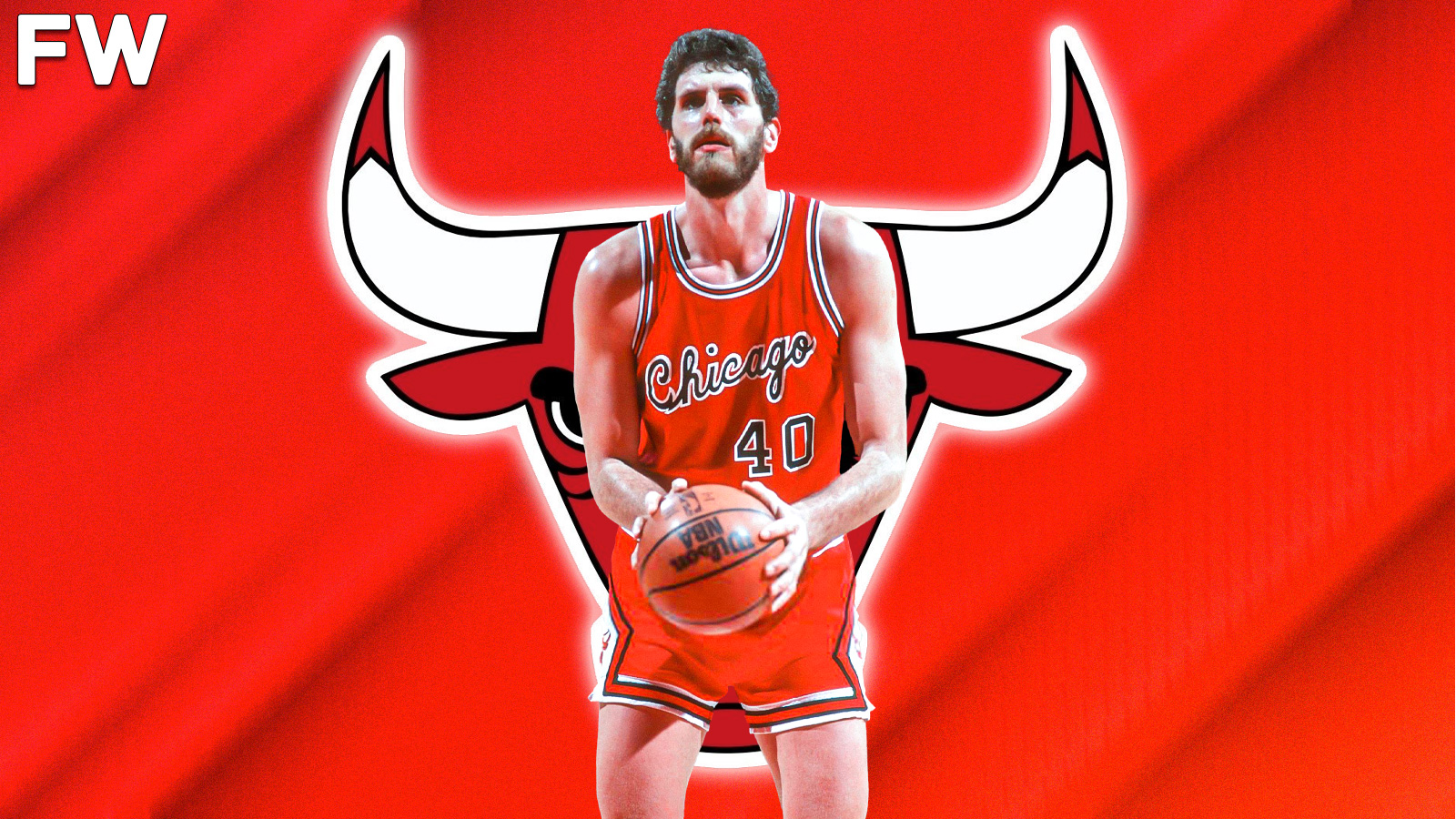
Regular Season Stats: 9.6 PPG, 6.5 RPG, 2.2 APG, 0.4 SPG, 0.8 BPG
Playoff Stats: 12.0 PPG, 9.0 RPG, 2.0 APG, 0.3 SPG, 0.7 BPG
Dave Corzine was nicknamed the Lumberjack, standing nearly seven feet tall and weighing 250 pounds. Corzine was a 12-year NBA veteran who played his first four seasons with the Bullets and Spurs from 1979 thru 1982. When he arrived in Chicago in 1982-83, he was a 14.0 PPG scorer who could grab anywhere from 7.0 to 8.0 RPG. Corzine would spend a total of seven seasons in Chicago with the Bulls in total and helped them reach the playoffs five times.
Obviously, one of those five times was the 1985-86 season when they met the Celtics in the first round. Despite getting only four starts during the regular season, Corzine was still one of the main contributors to their game plan both as a rebounder and defender. He received all three starts in the playoffs and performed even better than he did in the regular season, but once again, he was no match for the frontcourt of Parish and McHale. Corzine would retire in 1991 and play one season overseas in Italy.
Gene Banks
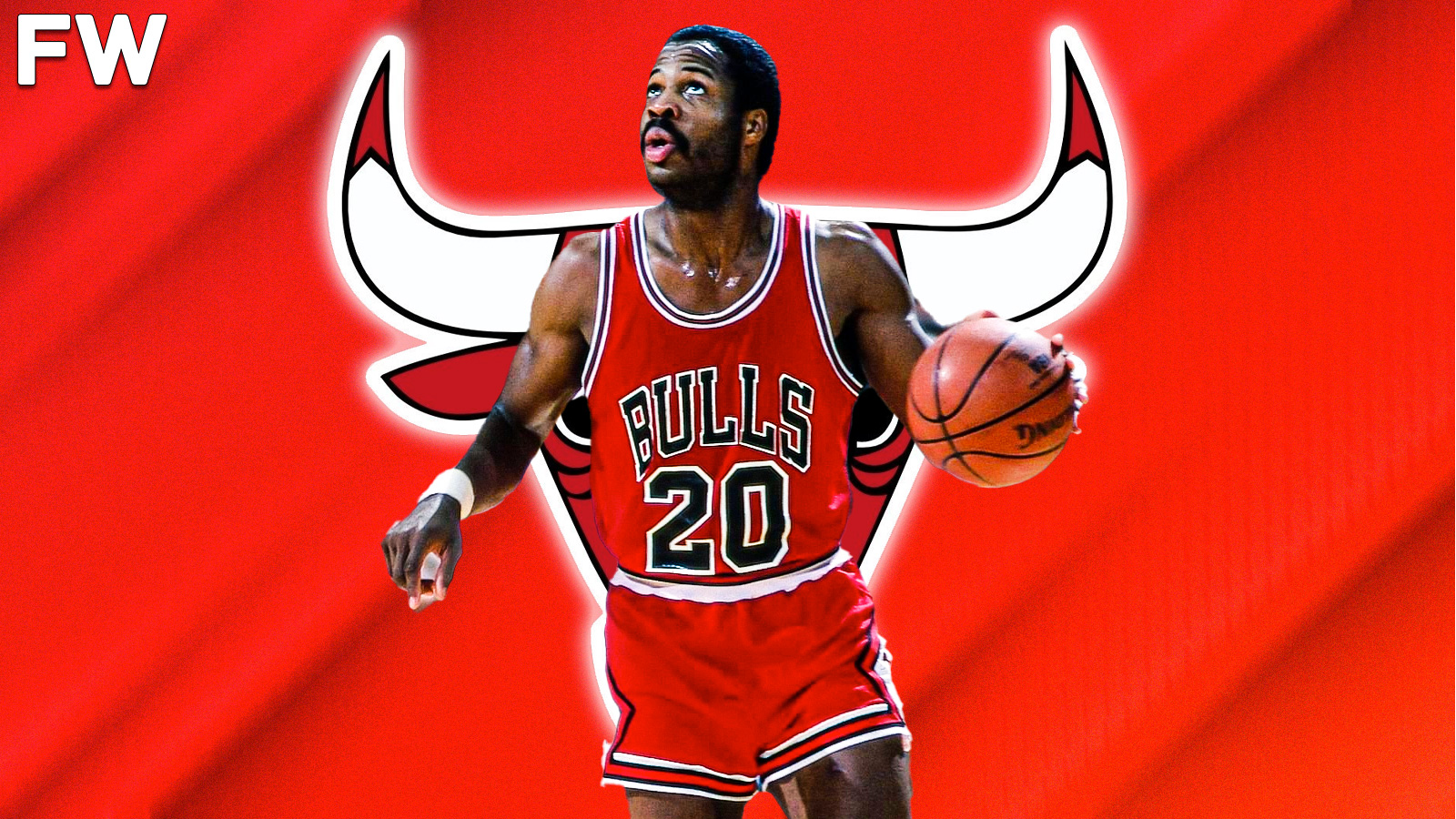
Regular Season Stats: 10.9 PPG, 4.9 RPG, 3.1 APG, 1.0 SPG, 0.1 BPG
Playoff Stats: 7.3 PPG, 3.3 RPG, 1.7 APG, 0.3 SPG, 0.0 BPG
In 1981, Gene Banks was the 25th overall pick to the San Antonio Spurs, where he would enjoy a really nice start to his career. Banks would have multiple seasons in which he averaged 10.0 PPG or better, including 14.9 PPG and 7.6 RPG in his second season in the NBA. Banks would be traded to the Bulls for the 1985-86 season from San Antonio and appeared in all 82 games for Chicago that season.
With 33 starts in the regular season, Banks performed decently as Chicago tried to navigate losing their best player to injury. When the playoffs rolled around and Jordan returned, there was no room for Banks to be the starter, but he played for over 23.0 minutes in all three games. Banks would be of little impact to prevent the sweep by the Celtics and would play one more season in Chicago before retiring after just six NBA seasons.
Sidney Green
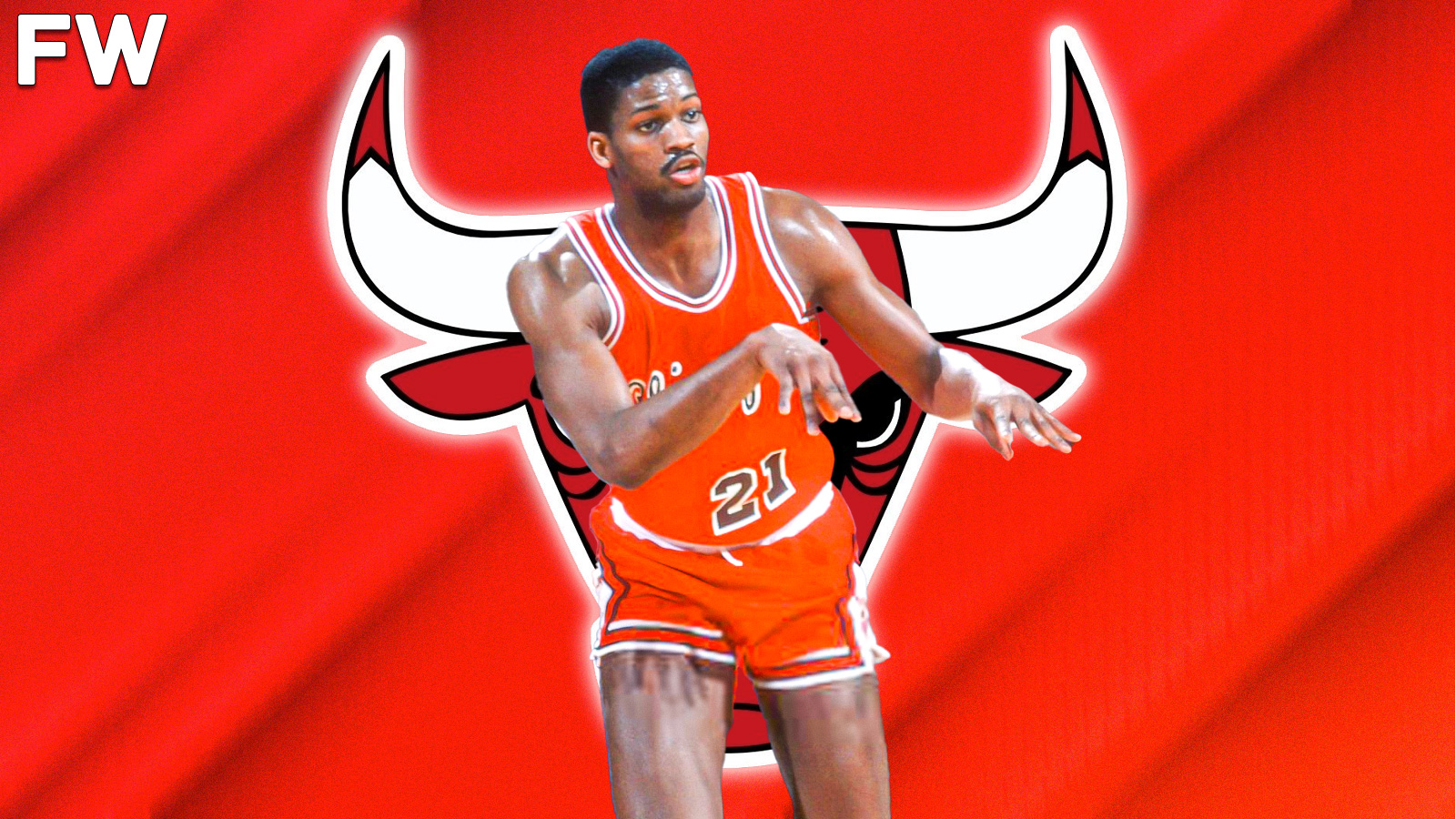
Regular Season Stats: 13.5 PPG, 8.2 RPG, 1.7 APG, 0.9 SPG, 0.5 BPG
Playoff Stats: 6.0 PPG, 4.0 RPG, 0.0 APG, 0.3 SPG, 0.3 BPG
The story of Sidney Green actually begins in Chicago as the Bulls selected him with their fifth overall pick in 1983. Green struggled to adjust for his first two years but was finally awarded the starting power forward job for the 1985-86 season. As you can see from his numbers above, Green had a decent season averaging over 13.0 PPG and 8.0 RPG in 68 starts and 80 games played.
However, this didn’t even come close to translating into the playoffs. Green could barely muster 18.0 minutes per game in the postseason series against Boston and received zero starts in the series. For reasons unknown, Green’s playoff drop-off is definitely a key contributor to the Bulls not even being able to win a single game in their first-round series. Green would have a 10-year NBA career and play for the Pistons, Knicks, Magic, Spurs, and Hornets after leaving Chicago.
George Gervin
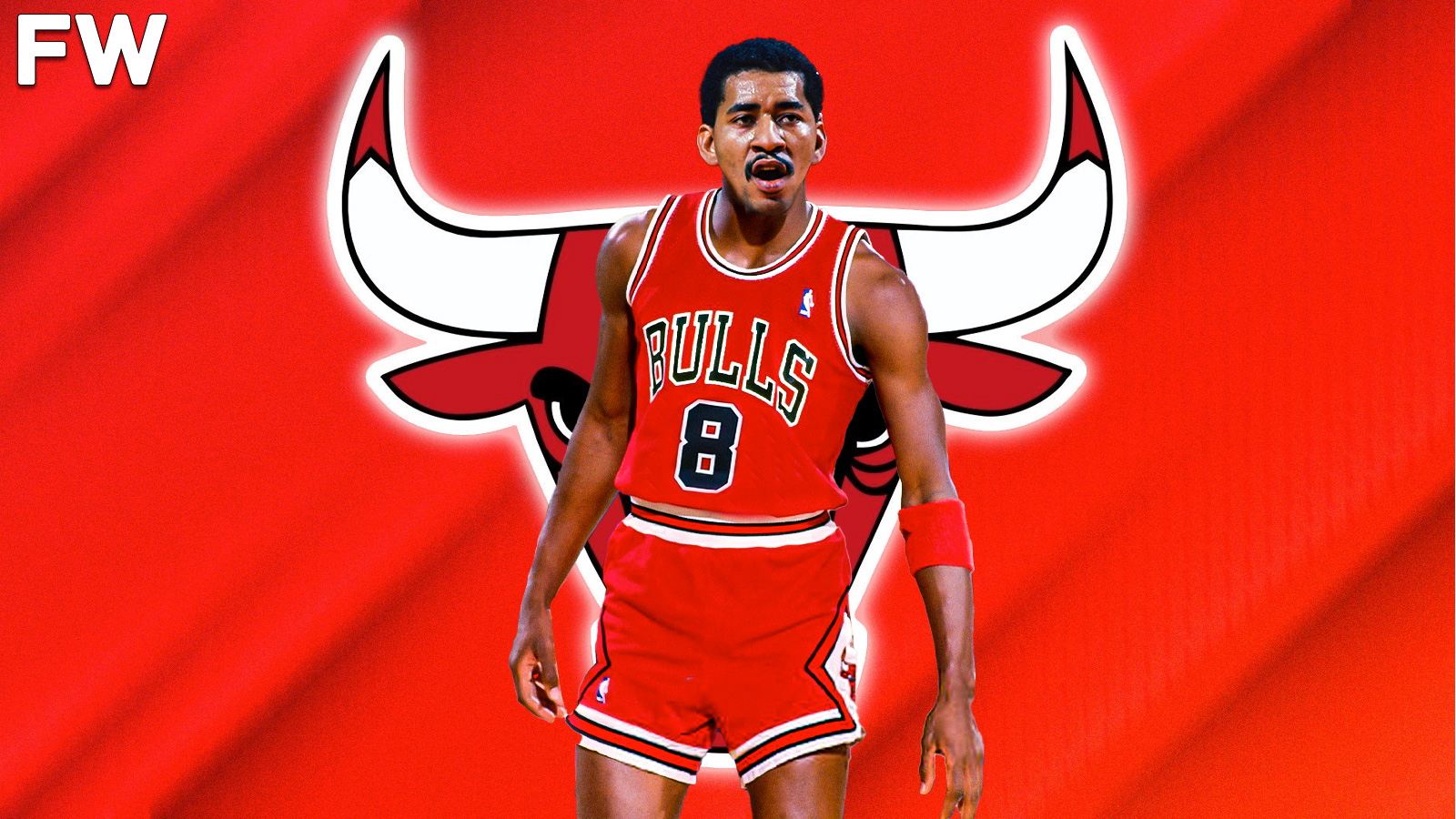
Regular Season Stats: 16.2 PPG, 2.6 RPG, 1.8 APG, 0.6 SPG, 0.3 BPG
Playoff Stats: 0.0 PPG, 0.5 RPG, 0.5 APG, 0.0 SPG, 0.0 BPG
George Gervin is one of the greatest shooting guards and overall players in both ABA and NBA history. He is a winner of multiple scoring titles and one of the first names people think of when the San Antonio Spurs are mentioned. Gervin was as smooth as it gets and is credited with making the finger-roll one of the most popular moves in the game. However, this was not George Gervin, that played in Chicago alongside Michael Jordan.
Gervin would make 75 starts during the 1985-86 season and play all 82 games averaging very pedestrian numbers compared to what we were used to seeing out of him. Gervin helped the Bulls alleviate losing Jordan for so much time but by playoff time, he was finished. Gervin would come off the bench for just two of the three games against Boston and play under 6.0 minutes on average. He didn’t record a single bucket in the series and was clearly ready to ride off into the sunset with his career in the rearview.
Orlando Woolridge
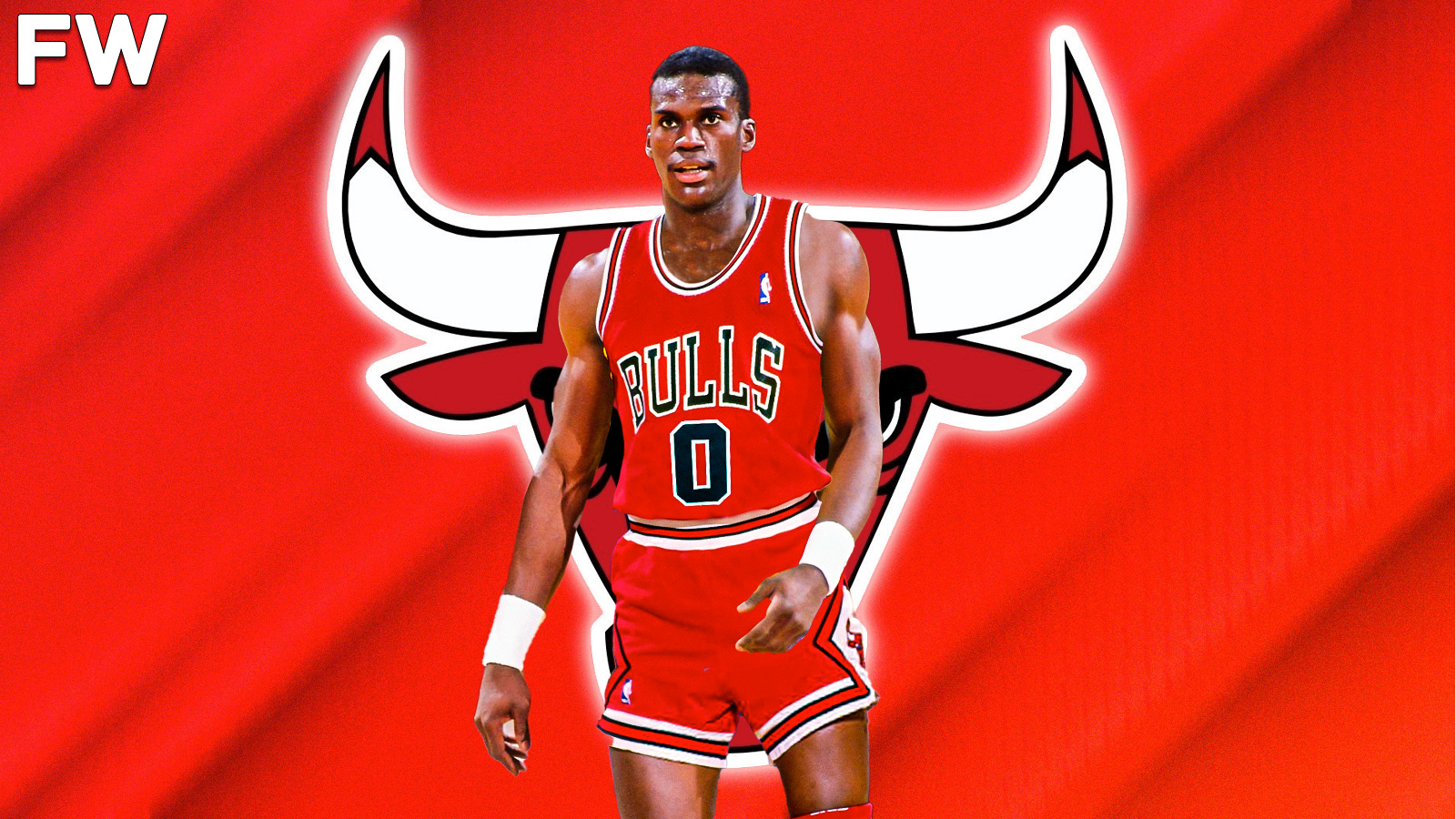
Regular Season Stats: 20.7 PPG, 5.0 RPG, 3.0 APG, 0.7 SPG, 0.7 BPG
Playoff Stats: 21.0 PPG, 4.7 RPG, 1.3 APG, 1.0 SPG, 0.3 BPG
Now, we have finally reached the only help Michael Jordan truly received during the 1985-86 season and playoffs. Orlando Woolridge kept Chicago afloat in Jordan’s absence for most of the season as the only other 20.0 PPG scorer on the roster. Woolridge shot 49.5% from the field overall while attempting just 0.3 three-pointers per game. He would be a big reason why the Bulls were even in the playoffs with just 30 wins, and that success continued somewhat after.
In the playoffs, Woolridge’s scoring numbers increased slightly while everything else dipped significantly. He shot just 40.3% from the field overall in the series against Boston, which is pretty bad for a guy taking 20 shots per game. After the series, Woolridge was out in Chicago, and he would head east to New Jersey to play with the Nets. He would have himself a 13-year NBA career that saw him average 16.0 PPG in its totality.
Michael Jordan
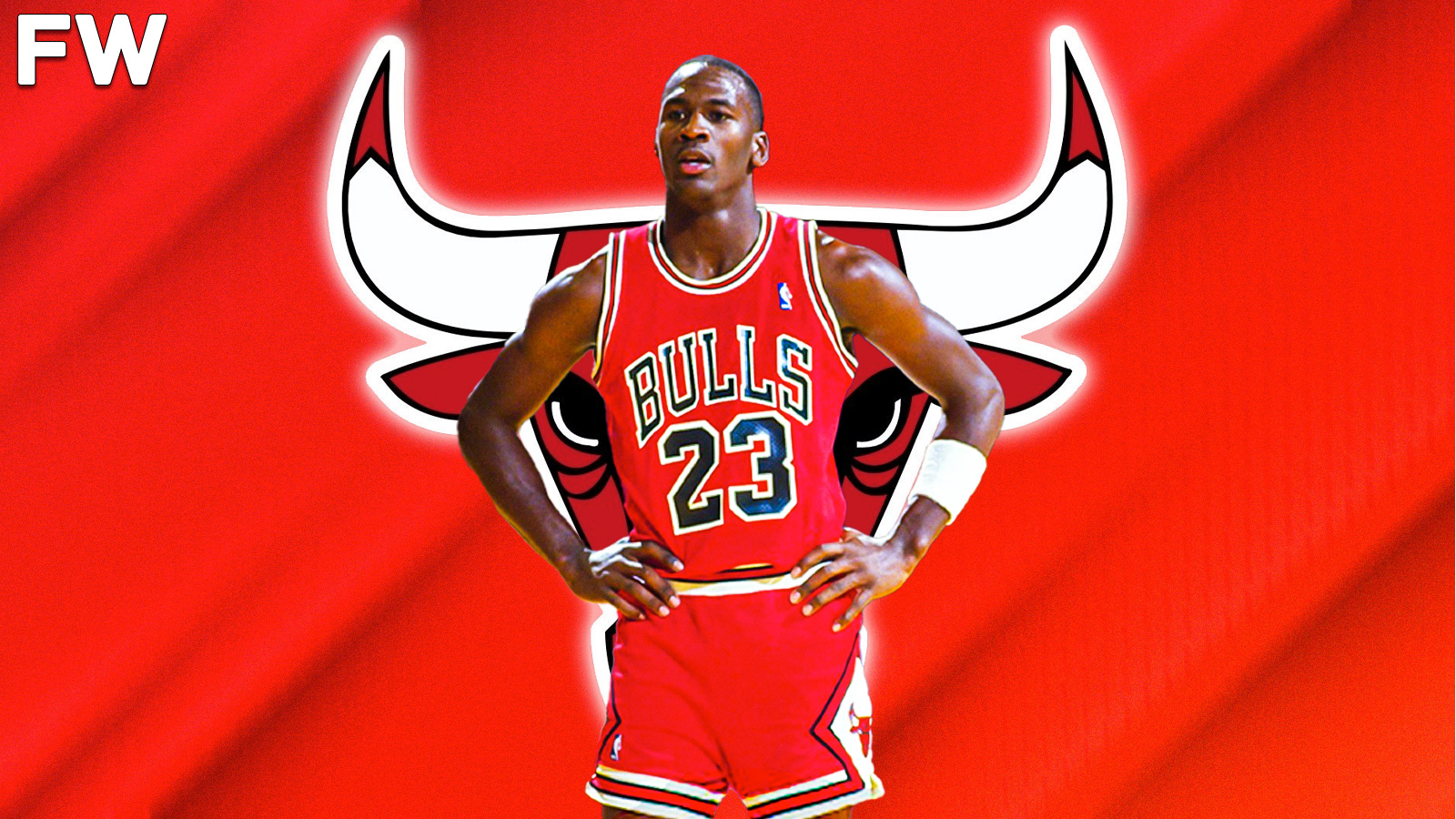
Regular Season Stats: 22.7 PPG, 3.6 RPG, 2.9 APG, 2.1 SPG, 1.2 BPG
Playoff Stats: 43.7 PPG, 6.3 RPG, 5.7 APG, 2.3 SPG, 1.3 BPG
Leading up to the 1985-86 season, everyone was excited to see how the electric Rookie of the Year would follow up his stellar season the year prior. However, just a few games into the season, Jordan suffered a broken foot and would be placed on a serious minutes restriction even as he was becoming healthy enough to play at full speed. This put the Bulls in a horrible position standings-wise, and ended up gifting them the matchup with Boston in the first round.
Michael Jordan would go crazy in the NBA playoffs against Boston, but without help, it was hard to overcome Boston’s firepower and loaded lineup. In Game 1, he would have 49 points on 50.0% shooting, but the Celtics pulled out the win by 19 points. In Game 2, Larry Bird exclaimed that “God disguised as Michael Jordan” was on the court as he went for 63 points on 53.7% shooting in a four-point loss. Game 3 would end in another Boston blowout, but the league and world were on notice that a star was born in those three games. As we all know, Jordan went on to win six NBA titles, six Finals MVP awards, and five MVP awards, and go down as the greatest player in NBA history.
We sincerely appreciate and respect you as a reader of our site. It would help us a lot if you follow us on Google News because of the latest update.
Thanks for following us. We really appreciate your support.

